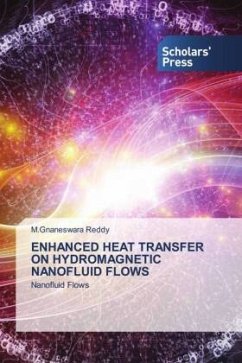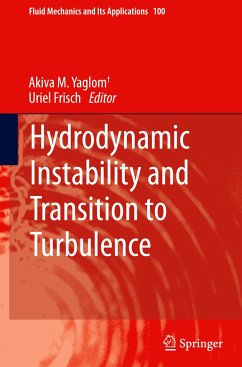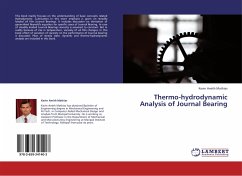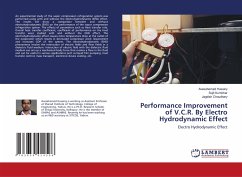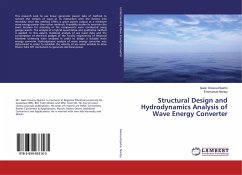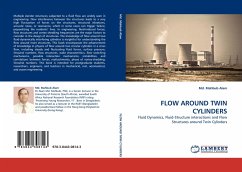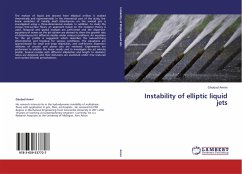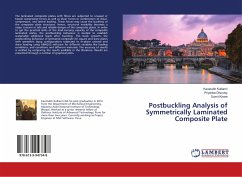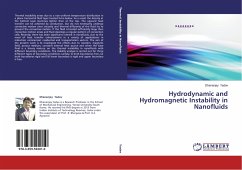
Hydrodynamic and Hydromagnetic Instability in Nanofluids
Versandkostenfrei!
Versandfertig in 6-10 Tagen
40,99 €
inkl. MwSt.

PAYBACK Punkte
20 °P sammeln!
Thermal instability arises due to a non-uniform temperature distribution in a plane horizontal fluid layer heated from below. As a result the density at the bottom layer becomes lighter than at the top. The upward heat transfer can be achieved by conduction, but do not necessarily undergo convective motion since viscosity and thermal diffusivity of the fluid try to prevent the convective motion. If the fluid is heated sufficiently large then convective motion arises and fluid develops a regular pattern of convection cells. Recently, there has been significant interest in nanofluids, due to the...
Thermal instability arises due to a non-uniform temperature distribution in a plane horizontal fluid layer heated from below. As a result the density at the bottom layer becomes lighter than at the top. The upward heat transfer can be achieved by conduction, but do not necessarily undergo convective motion since viscosity and thermal diffusivity of the fluid try to prevent the convective motion. If the fluid is heated sufficiently large then convective motion arises and fluid develops a regular pattern of convection cells. Recently, there has been significant interest in nanofluids, due to the need of heat transfer enhancement in a variety of applications in industrial, commercial, residential and transportation sectors. The aim of the present work is to investigate the effects due to rotation, magnetic field, porous medium, constant internal heat source and when the base fluid is a binary mixture on the thermal instability in nanofluids with different boundary conditions. The stability analysis is carried out for three different types of boundary conditions namely, (i) both boundaries free, (ii) both boundaries rigid and (iii) lower boundary is rigid and upper boundary is free.



